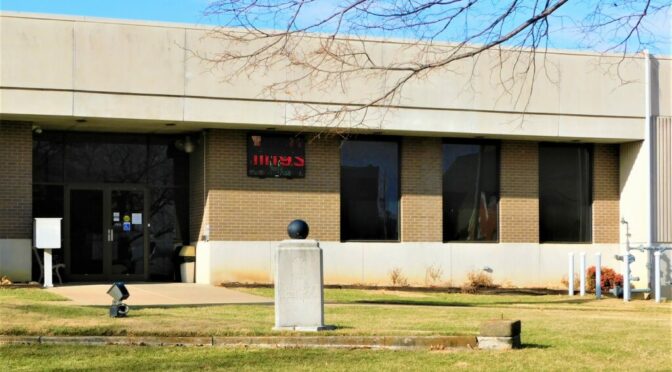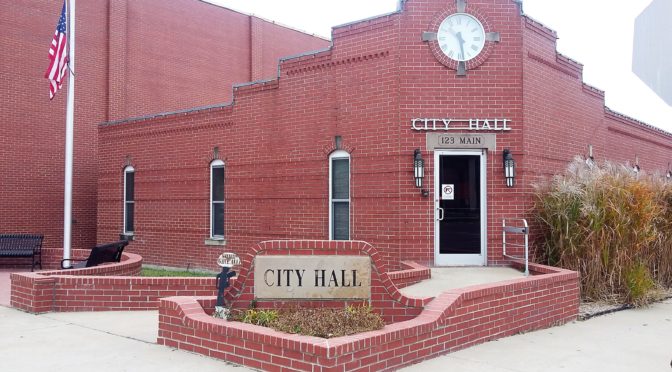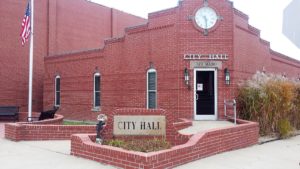Agenda
Bourbon County Commission Room
1st Floor, County Courthouse
210 S. National Avenue
Fort Scott, KS 66701
Tuesdays starting at 9:00
Date: August 12, 2021
1st District-Lynne Oharah Minutes: Approved: _______________
2nd District-Jim Harris Corrected: _______________________
3rd District-Clifton Beth Adjourned at: _______________
County Clerk-Kendell Mason
MEETING WILL BE HELD IN THE COMMISSION ROOM.
Call to Order
- Flag Salute
- Approval of Minutes from previous meeting
- Commissioners to Open Sealed Bids for 17 S Main
- Eric Bailey – Road and Bridge Report
- Blue Cross Blue Shield Ins – Cristy Mitchell
- Gallagher Insurance – Justin Carson
- David Neville – Renodry Dehydration Systems
- Lynne Oharah – KCAMP
- Tiana McElroy – Executive Session – KSA 75-4319(b)(1) To discuss personnel matters of individual nonelected personnel to protect their privacy
- Salary Resolutions
- Cereal Malt Beverage License
- Elected Officials Comment
Bill Martin – Roof Leaks
- County Counselor Comment
- Susan Bancroft, Finance Director Comment
- Public Comment
Michael Braim – Lynne Oharah’s Outburst @ Anne Dare at Previous Meeting
Michael Braim – Cut Funding for BEDCO
- Commission Comment
Justifications for Executive Session:
KSA 75-4319(b)(1) To discuss personnel matters of individual nonelected personnel to protect their privacy
KSA 75-4319(b)(2) For consultation with an attorney for the public body or agency which would be deemed privileged in the attorney-client relationship
KSA 75-4319(b)(3) To discuss matters relating to employer-employee negotiations whether or not in consultation with the representative(s) of the body or agency
KSA 75-4319(b)(4) To discuss data relating to financial affairs or trade secrets of corporations, partnerships, trust, and individual proprietorships
KSA 75-4319(b)(6) For the preliminary discussion of the acquisition of real property
KSA 75-4319(b)(12) To discuss matters relating to security measures, if the discussion of such matters at an open meeting would jeopardize such security measures.







 FOR IMMEDIATE RELEASE:
FOR IMMEDIATE RELEASE: